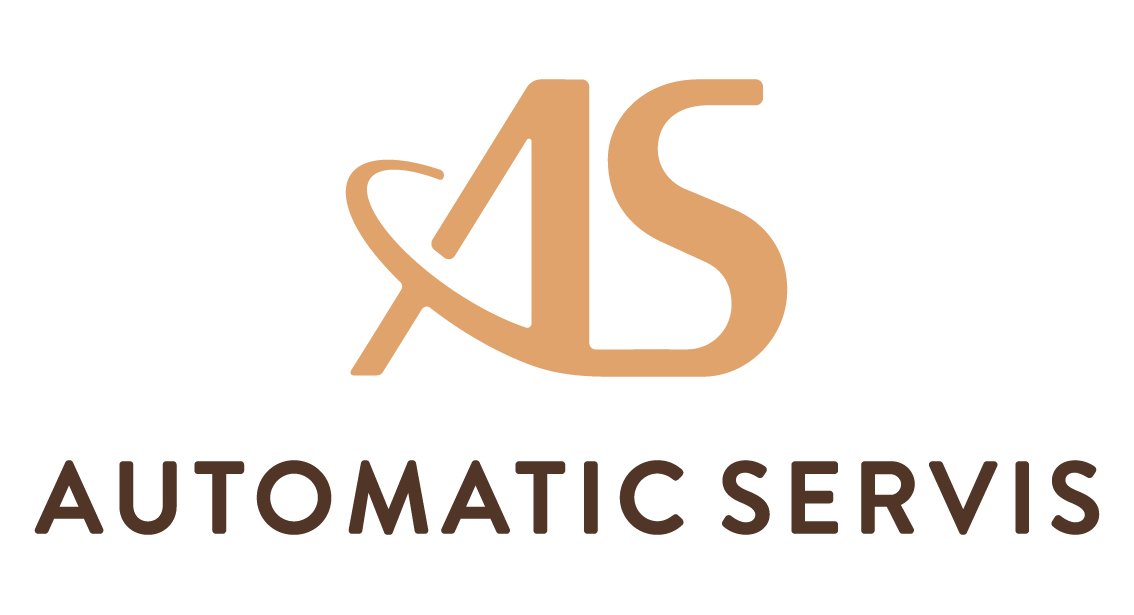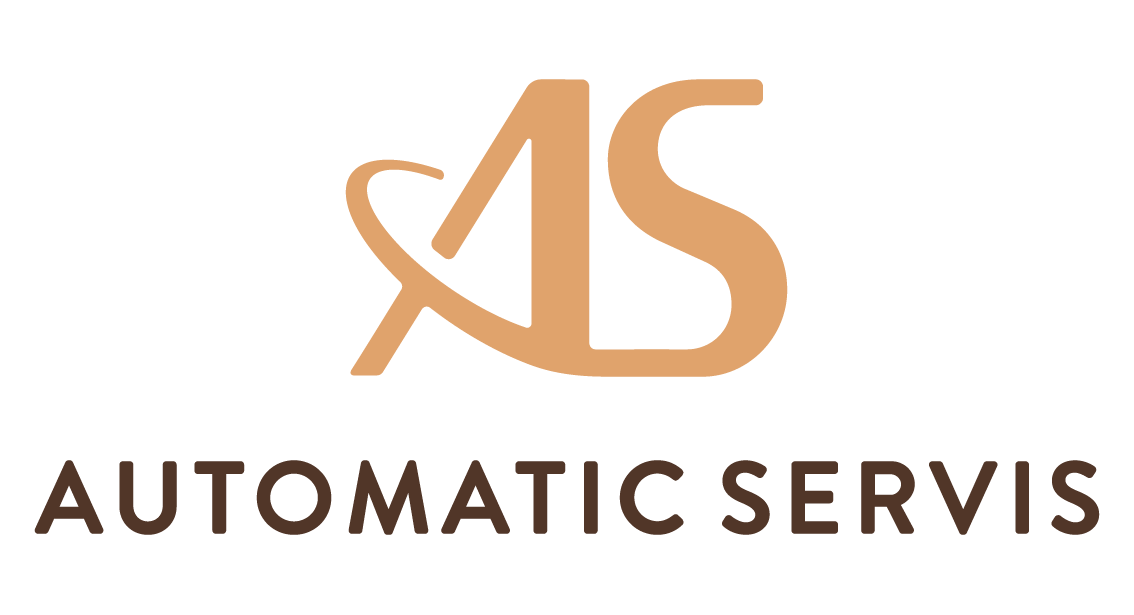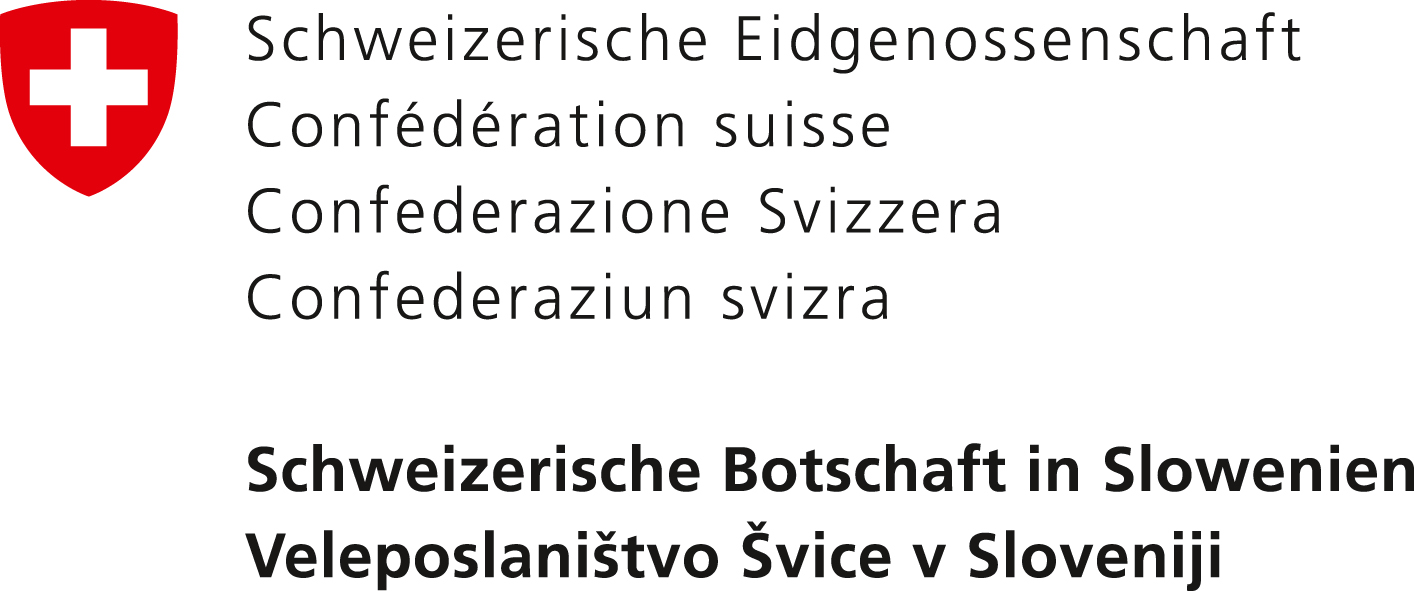
It's natural: wellbeing inspires welldoing
Do you want to master the art of transformation?
The Hearth Summit, the world’s largest event of its kind, is coming to Slovenia on June 17-20 2025. It will bring together speakers from over 100 countries to inspire and connect those who believe that wellbeing is at the core of a better future. The Summit invites global leaders, visionaries, thought leaders, and creatives alike — all who recognise that true change starts with the spirit of the heart. Confirmed speakers include Mary Robinson, former President of Ireland, Satish Kumar, activist and pilgrim, neuroscientist Dr. Richard J. Davidson, Martha Koome, Chief Justice of Kenya, and Dr. Pumla Gobodo-Madikizela, the winner of the 2024 Templeton Prize.
Following an award-winning debut in 2022 and over 20 independently organised regional Hearth Summits, the global summit returns for four inspiring days at the heart of Europe, in Slovenia's capital, Ljubljana. Harnessing the transformative power of wellbeing , the Summit paves the way for a hopeful vision of the future. Participants are expected to include NGO leaders, teachers, philanthropists, social enterprise leaders, activists, academics, politicians, policymakers, researchers, and students.
Have you been searching for inspiration but weren’t sure where to begin?
Human beings are sentient creatures, carrying thousands of unexpressed feelings. Did you know that we bear trauma passed down through generations? “Intergenerational trauma acts like a dam, blocking us from enacting change, even when we know it’s urgently needed. Yet, we share an unbreakable thread that ties us to our community, nature, and the planet — our most primal bond. We instinctively know what feels right, yet often lack the means to express or act upon it,” says Aaron Pereira, co-lead of The Wellbeing Project, an initiative bringing the Hearth Summit to Ljubljana, Slovenia.
Global leaders, thinkers, and visionaries will gather at the Hearth Summit from June 17–20 to co-create a global village ready to tackle today’s biggest challenges. This unique gathering will unite diverse perspectives to address most pressing global issues such as climate, inequality, social justice, and responsible leadership.
Over four days, the participants will engage in thought-provoking discussions, transformative artistic experiences, and embodied practices, paving the way to new insights. With over 1,200 global and regional leaders, changemakers and innovators convening in Ljubljana, this summit offers a rare opportunity to share, learn, connect, and grow - a space where wellbeing drives meaningful action and inspires collective progress.
Set against the iconic backdrop of Cankarjev dom, the summit will explore the connections between individual, organizational, societal, and ecological wellbeing. Through insightful talks and discussions, speakers and artists will examine how a deep-rooted culture of wellbeing can drive systemic change. Ground-breaking debates, conversations, and panel discussions with leaders in culture, science, government, and social change, will be taking place. Topics will range from personal to ecological wellbeing, the humanisation of technology and AI, intergenerational trauma, peacebuilding and reconciliation, urban resilience, neuroscience, and more—all viewed through the lens of wellbeing and ecological belonging. The program will include breakout sessions, workshops of various sizes, and three commissioned art installations accessible to the community. The arts program, showcasing world-renowned artists, is coordinated by a distinguished team including Manuel Bagorro from Carnegie Hall, Carrie Barratt, former Deputy Director of the MET in New York, and Dr. Corinna Otto, Director of the Draiflessen Collection in Germany. One of the featured works, The Mirror of Peace by Renee Van Bavel—brought by the Draiflessen Collection—invites viewers to contemplate the value of peace. First presented at the 2022 Venice Biennale, this immersive piece allows viewers to see their full-sized reflection alongside the statement: »This is what people living in peace look like.« It serves as a compelling reminder that peace is precious and requires mindful, daily action to sustain.
Additional activities will take place across Ljubljana at some of the city’s most prominent cultural venues.
Slovenia was chosen for its reputation as an inclusive, peaceful country with strong social cohesion and a commitment to sustainability. The involvement of the local community is a key aspect of the Hearth Summit, and organizers, in addition to partnering with the University of Ljubljana, are actively engaged in discussions with both the City of Ljubljana and the Government of the Republic of Slovenia and its institutions.
Ready to go?
The global Hearth Summit extends a bold invitation for big ideas, courageous actions, and open-hearted collaboration, paving the way for a new generation of changemakers and a revitalised culture of social transformation. Join us in building a community committed to creating a better world!
Just as more than 300 changemakers, pioneers, social entrepreneurs, philanthropists, and leaders did last weekend in Alpbach, Austria - coming together under the slogan, it’s time to create a new art of change! – this summit invites you to be part of that movement. Learn more about this inspiring event, which focused on addressing burnout culture, organisational dysfunction, and societal divides, here.
Between November 15–17, youth in Ljubljana had their first opportunity to connect with a global community. In collaboration with the University of Ljubljana and alongside students from diverse academic backgrounds, they embarked on an Ecological Belonging Exploration. Together, they explored a fundamental question at the heart of this initiative: How do we live in harmony with nature? Recap of the event is available here.
Who are we?
The Hearth Summit is brought to you by the Wellbeing Project, an initiative dedicated to driving cultural and systemic change. Recognising that this effort requires the insights and contributions of diverse groups, we have created a collaborative network that now includes over 60 partner institutions worldwide. These span leading nonprofits, foundations, universities, media groups, venture capital firms, museums, and arts institutions. Our partners include Georgetown University, Porticusand the University of Ljubljana, among others.
After a decade of careful, collective work, we are thrilled to see well-being becoming a core value in social change. As we move forward, we continue our mission to place well-being at the heart of social and environmental transformation, supporting changemakers and the vital work needed in today’s world. If you want to discover more about Hearth Summit, follow this link.
Hearth Summit
Registracija / Registration

14th Mountain Film Festival
In cooperation with the Mountain Culture Association
A selection of Slovenian and foreign mountain and adventure films, lectures, exhibition
14th Mountain Film Festival

Dear Sirs,
We are glad to inform you that the 22nd Documentary Film Festival – 22nd FDF, originally scheduled for March 2020, will take place between 9 and 16 June 2020. The programme has not been changed. Please see the schedule of screenings at www.fdf.si.
The 22nd Documentary Film Festival is being held in conformity with the Government of the Republic of Slovenia’s current measures introduced to limit the spread of the novel Coronavirus. In accordance with the Ordinance on the temporary restriction of the gathering of people at public places and areas in the Republic of Slovenia (Official Gazette RS, no. 69/20) events admitting up to 50 people have been allowed. If the restrictions are lifted by the beginning of the festival, some Cankarjev dom screenings will be relocated to a bigger venue, Linhart Hall.
Documentaries Are Back!
When it comes to box office revenue June cannot compete with March, but this sorry fact has not dampened our ethusiasm for finding an alternative date when the restrictions imposed to contain the spread of the novel Coronavirus were lifted. Documentaries will be the first to again light up the movie screens, perhaps this will be the first film festival in post-Covid times, that is, the period when life is returning back to normal. It will definitely be an event that places film back into its natural environment. The thirty-year-old slogan “one is never alone in a cinema” could in these times be transliterated into “one is never alone while watching a film”. We got used to seeing films on TV- or computer screens during quarantine, but I most sorely missed the collective vieweing experience, an experience manifested most aptly in movie theatres.
The June-held Documentary Film Festival will not be your regular film festival; but “a festival of distance”. There will be no socializing, professional meetings, post-screening exchanges of opinions. Nevertheless, we aim to preserve some of the regular features, e.g. the awards. In a virtual environment, the jury will announce the winner of the Best Human Rights Award. This will be a small, but important contribution to getting everyday life back to normal. We are fed up with extreme conditions, symbolically encampsulated by State Funeral and Jawline. The first deals with mass idolisation of a dead ruler and the second the self-sufficiency of the virtual world and communication through applications. To put it another way, this kind of state funeral would not have been viable in 2020 due to mandatory social distancing and impersonal online communication is something that we are exceedingly wearied of.
Simon Popek
Cankarjev dom Film Programme Director
22nd Documentary Film Festival
10 % on sets of five tickets, 20 % on sets of ten tickets

Programme sections
Competition
Topical, socially critical
Myths, icons, media
Intimate & global portrayals
Retrospective: Werner Herzog
In Anticipation of Celebrating Cinema – The Mirror of Our Society
The partnership between Amnesty International Slovenia and the Documentary Film Festival is entering its second decade; our jury presented the Festival’s first Best Human Rights Award in 2009. The themes addressed in DFF’s competitive section over the past ten years mirror the major issues of the decade, so to speak. A closer look at the award-winning films reveals that they examined the consequences of poverty and (unwanted) migrations, the ongoing armed combats, girls’ rights, personal destinies caught in international conflict, radicalism, historical injustice and its effects on modern-day society…
This year’s selection of competitive films again deals with the biggest problems facing our world today, including the issue of women’s rights, which the #Me Too movement provided with fresh impetus, and racism that has proven to be challenging to eradicate.
In today’s world, driven by fast-paced communication, whether in words, images or pictures, the engagement of documentary filmmakers is especially relevant.
The image mirrored by their work is not always pleasing and is impossible to be perceived visually and ‘processed’ mentally in haste. This image is real, nevertheless. It requires effort: it both prompts serious reflection and evokes (strong) feelings. Documentary films examining our basic rights and freedoms ‘bring to life’ the information contained in the reports of human rights organizations like Amnesty.
If to Robert Altman filmmaking was “a chance to live many lifetimes”, documentary films addressing human rights could be deemed to deliver even more: they have the power to change, even save lives. Like all human rights defenders, documentaries dealing with these issues often disclose the things that violators would like to keep secret. When violations are exposed in countless possible ways – through research undertaken by human rights organizations, news reports, book publications... and, at the end of the day, through the lens of a movie camera – the struggle for their elimination can begin, increase momentum or sustain it.
This year’s Amnesty jury members belong to the diversified world of human rights defenders. Oksana Sarkisova is director of the Verzio International Human Rights Documentary Film Festival in Budapest, journalist Kristina Božič’s articles clearly profile their author as a human rights defender, and through volunteer work the energetic Irena Butoln who has retired from active working life is changing things for the better in her local community.
The last piece in the puzzle is you, our dear lovers of documentary cinema. It is my wish that you might be encouraged by the films screened at the 2019 Documentary Film Festival to take action: one of the things you can do is sign the petition(s) on our website www.amnesty.si or subscribe to our newsletter and keep abreast of the latest online and other human rights campaigns. Alternatively, you can make a contribution to support our fight for dignity and equality; this year we’ve begun work on human rights of older people.
Nataša Posel
Amnesty International Slovenia Director
Absurdi sveta
V letu 2018 smo dobili kar nekaj portretov in analiz kontroverznih političnih osebnosti; nekateri pripadajo preteklosti in zgodovinskemu diskurzu, drugi so še kako aktualni. Ker nočemo biti zgolj političen festival, bomo nekatere prihranili za druge priložnosti, npr. Ameriško darmo Steva Bannona ali Waldheimov valček Kurta Waldheima, in se osredotočili na večno aktualni vzhodni evropski zemljevid, ki je lani dobil tri izjemne prispevke o treh ključnih obdobjih sovjetske oz. ruske zgodovine. Proces Sergeja Loznice, zdaj že klasika FDF-ja, dokumentira Stalinov montirani proces z začetka tridesetih let; Srečanje z Gorbačovom Wernerja Herzoga, ki mu festival posveča retrospektivo, govori o obdobju glasnosti in postopnega konca sovjetskega imperija, medtem ko Putinove priče Vitalija Manskega pričajo o času, ko Putin še ni bil Putin, temveč očarljiv glasnik nove Rusije, ki je na prelomu stoletja z medijskimi nastopi znal pridobiti kronično nezaupljivega avtorja.
Da posamezniki, ki zganjajo teror, niso le politiki, po drugi strani sijajno ilustrira John McEnroe: Cesarstvo popolnosti, ki ameriškega teniškega genija ter njegovo kolerično teroriziranje sodnikov, nasprotnikov in občinstva ob igrišču predstavi sistematično, analitično, eruditsko. Podobno kot v filmu Viva Ludež hrvaško polpreteklo zgodovino sistematično, analitično in eruditsko obdelajo nekdanji asi Feral Tribuna, splitskega satiričnega časnika, ki bi jih znal intrigirati slovensko-ameriški Pozdrav iz svobodnih gozdov, čeprav dokumentarec Iana Soroke območje Kočevskega roga, eno najbolj bolečih in tendenciozno obdelanih področij po drugi svetovni vojni, predstavi v docela neideološki luči.
Vse bolj kričeče fanatični znajo biti tudi filmi z ženskimi zgodbami. Žlahtne izjeme seveda obstajajo, npr. Zasužnjena ženska, portret sodobnega sužnjelastniškega razmerja na Madžarskem, ali Ženski užitki, dokument hipokritskega sveta v razmerju do žensk in njihovih teles, da Džamiline ljubezni, lirične ode ženski v mačističnem, šovinističnem okolju, posnete po istoimenski kirgiški klasiki Čingiza Ajtmatova, sploh ne omenjam.
In če se vam bo v glavi zvrtelo od težkih tem, vam ponujamo Razglednice Igorja Bezinovića, intimno-epsko hvalnico ruralnemu življenju na Hrvaškem, od vasic na južnodalmatinskih otokih do istrskih in medžimurskih mestec na meji s Slovenijo, kjer avtorji in lokalni prebivalci v močnih dialektih predstavljajo vsakdanje absurde življenja na podeželju.
Simon Popek
vodja filmskega programa Cankarjevega doma
V pričakovanju ponovnega nastavljanja ogledala družbi
Letos sodelovanje slovenske Amnesty na Festivalu dokumentarnega filma vstopa v drugo desetletje; prvič je naša žirija najboljši dokumentarni film na temo človekovih pravic razglasila leta 2009. Pogled na vsebine filmov tekmovalnega sklopa tega desetletja nekako predstavlja tudi zrcalo dekade. Če se osredotočimo le na zmagovalne filme, so obravnavali posledice revščine in (neželenih) migracij, aktualne oborožene spopade, pravice deklet, osebne usode, ujete v mednacionalne spore, radikalizem, zgodovinske krivice in njihove posledice za današnji čas …
Tudi letošnji izbor tekmovalnih filmov uokvirjajo pomembne teme sodobnega sveta, med njimi vprašanje pravic žensk, ki so dobile z gibanjem #jaztudi nov zagon, in rasizem, ki mu zlepa ne zmanjka sape.
V sodobnem svetu, zaznamovanem s hitrim komuniciranjem, ne glede na to, ali z besedami, slikami ali posnetki, je zavzemanje ustvarjalcev dokumentarnih filmov posebno dragoceno. Odsev v zrcalu, ki ga ponujajo njihova dela, ni nujno všečen in vsekakor ga ni mogoče z očesom zajeti in v glavi »obdelati« na hitro. Je pa resničen. Terja nekaj prizadevanja: sili v razmislek in hkrati vzbuja (močna) čustva. Informacije, ki jih sicer lahko preberemo v poročilih organizacij za človekove pravice, kot je Amnesty, dokumentarni filmi s tega področja »oživljajo«.
Če je filmski ustvarjalec Robert Altman v snemanju filmov videl »priložnost živeti številna življenja«, bi torej za dokumentarne filme s temo človekovih pravic lahko trdili še več: da imajo možnost spreminjanja, celo reševanja življenj. Podobno kot vsi mi drugi zagovorniki človekovih pravic namreč dokumentarci na to temo pogosto razkrivajo, kar bi kršitelji želeli, da ostane skrito. Ko so kršitve razgaljene na številne mogoče načine – skozi ugotovitve organizacij za človekove pravice, novinarske prispevke, na knjižnih straneh ... ter, navsezadnje, skozi oko filmske kamere, se lahko boj za njihovo odpravo začne, dobi nov zalet ali vztraja naprej.
Tudi našo letošnjo žirijo lahko umestim v raznovrsten svet zagovornikov človekovih pravic. Oksana Sarkisova je direktorica mednarodnega festivala za dokumentarne filme s področja človekovih pravic Verzio v Budimpešti, besedila novinarke Kristine Božič jo jasno prikažejo tudi kot zagovornico človekovih pravic, energična upokojenka Irena Butoln pa skozi prostovoljno delo spreminja svet v svojem neposrednem okolju.
Preostane še vaš košček mozaika, spoštovani ljubitelji dokumentarnega filma. Želim si, da bi vas videno na letošnjem Festivalu dokumentarnega filma spodbudilo k ukrepanju: na naši spletni strani www.amnesty.si, na primer, lahko podpišete aktualno peticijo ali se naročite na naše e-glasilo ter ste redno obveščeni o spletnih in drugih akcijah za človekove pravice. Ali pa s svojim prispevkom podprete naše delo za dostojanstvo in enakopravnost, med drugim letos začenjamo delo na področju pravic starejših.
Nataša Posel
direktorica Amnesty International Slovenije

30th Ljubljana International Film Festival – Liffe
Slovenia’s biggest international film festival comparable to some of Europe’s main film showcases features outstanding achievements in global cinematography and major festival prize-winners (Cannes, Rotterdam, Berlin, Amsterdam, Vienna, etc.).
It comes as a matter of course, as naturally as autumn follows summer, that one of the country’s main cultural events begins each second week of November. I am not referring to its content or temporal frame or audience figures. As a festival for cinephiles – some people even take time off from work to attend it – Liffe has become embedded in our November routine. Ženja Leiler, Delo
Between 13 and 24 November 2019, the 30th Liffe will again turn Ljubljana into a cinematic capital. Screenings of over a hundred films will be accompanied by talks with festival guests and filmmakers, as well as round tables and workshops.
Why attend Liffe? Because it has the added value; i.e. personal interaction with the filmmakers in addition to all the complex film infrastructure. From Kaja Kovič’s interview with Simon Popek, Delo – Svet kapitala
Liffe annually attracts between 40,000 and 50,000 cinema-goers and film enthusiasts wishing to keep abreast of the global cinematic trends. The festival caters to all ages, from the youngest audiences to seniors, thus linking all generations. Liffe will soon register its 1,000,000th cinema-goer. Festival Director Simon Popek makes a well-chosen selection among the 700 films he sees throughout the season.
The festival caters for the broadest spectrum of audiences with eclectic tastes in quality art films – there’s something for everyone! Marjana Vovk, Vklop
How do you feel about people who take time off work to attend Liffe’s morning screenings?
I admire them. And everyone else: according to our statistics, Liffe cinema-goers see five films on average. Every year, I make lists with various categories to help people decide which films to see. These lists provide cinema-goers of all ages and tastes with guidance: from lovers of comedy to people appreciating introspective drama.
In general, Liffe caters for the broadest spectrum of audiences who come to see first-rate arthouse films with relevant content. I always advise people to see at least one third-world film. It is more or less impossible to see Asian, South American or African films in regular distribution. From Nadina Štefančič’s interview with Simon Popek, MMC RTV SLO
The Ljubljana Film Festival (a name that makes a felicitous and ambiguous acronym Liffe) represents a meeting point of the hearts and minds of several thousand lovers of good film and global cinematography. With a rich programme and large attendance figures, one can rest assured that quality will not be compromised in trying to appeal to popular taste. Sergej Hvala, Stop
Festival sections
Perspectives, the official competitive section of young filmmakers competing for the Kingfisher Award sponsored by Telekom Slovenije, d.d.
Avant-premieres, a selection of the world’s finest films purchased for Slovenian distribution
Kings and Queens, films by notable and award-winning virtuosos of contemporary cinema
World Film Panorama, front-runners in five-continent festivals
Extravaganza, so-called late-night cinema of daring artists addressing idiosyncratic or sensual topics
Kinobalon, a selection of films for audiences aged between 7 and 14; 10th anniversary; in association with the Kinodvor Cinema
Europe in Short, competitive programme of short film
Focus
Tribute
Retrospective
The Perspectives section continues to form the core and heart of the festival, dedicated to first-time directors and emerging, usually young, filmmakers from all over the world; these films compete for the festival’s main prize, the Kingfisher Award. Ana Jurc, MMC RTV SLO
Liffe is a platform for numerous previews. Maja Čehovin Korsika, STA
Festival Awards
Kingfisher, international jury award granted by the main sponsor, Telekom Slovenije, d.d., to the best film of the Perspectives section.
Dragon Audience Award to best-rated film.
FIPRESCI Prize, presented by the jury of the International Federation of Film Critics.
Best Short Film Award
Kinotrip Young Jury Award
Art Cinema Network of Slovenia Award
Festival venues
Cankarjev dom (Linhart and Kosovel Halls), Kinodvor Cinema, Kino Bežigrad Cinema, Kino Komuna Cinema, Slovenian Cinematheque, Maribox, Metropol City Cinema Celje and Anton Podbevšek Teater Novo mesto
Main festival venue
Cankarjev dom’s Foyer II
November is the perfect month for cinema-going, with Liffe catering for film lovers and featuring some eagerly awaited titles, releases that would be almost impossible to see in Slovenian cinemas. What’s more, some Ljubljana cinemas are bursting at the seams, which is all due to the festival. Stop

































































